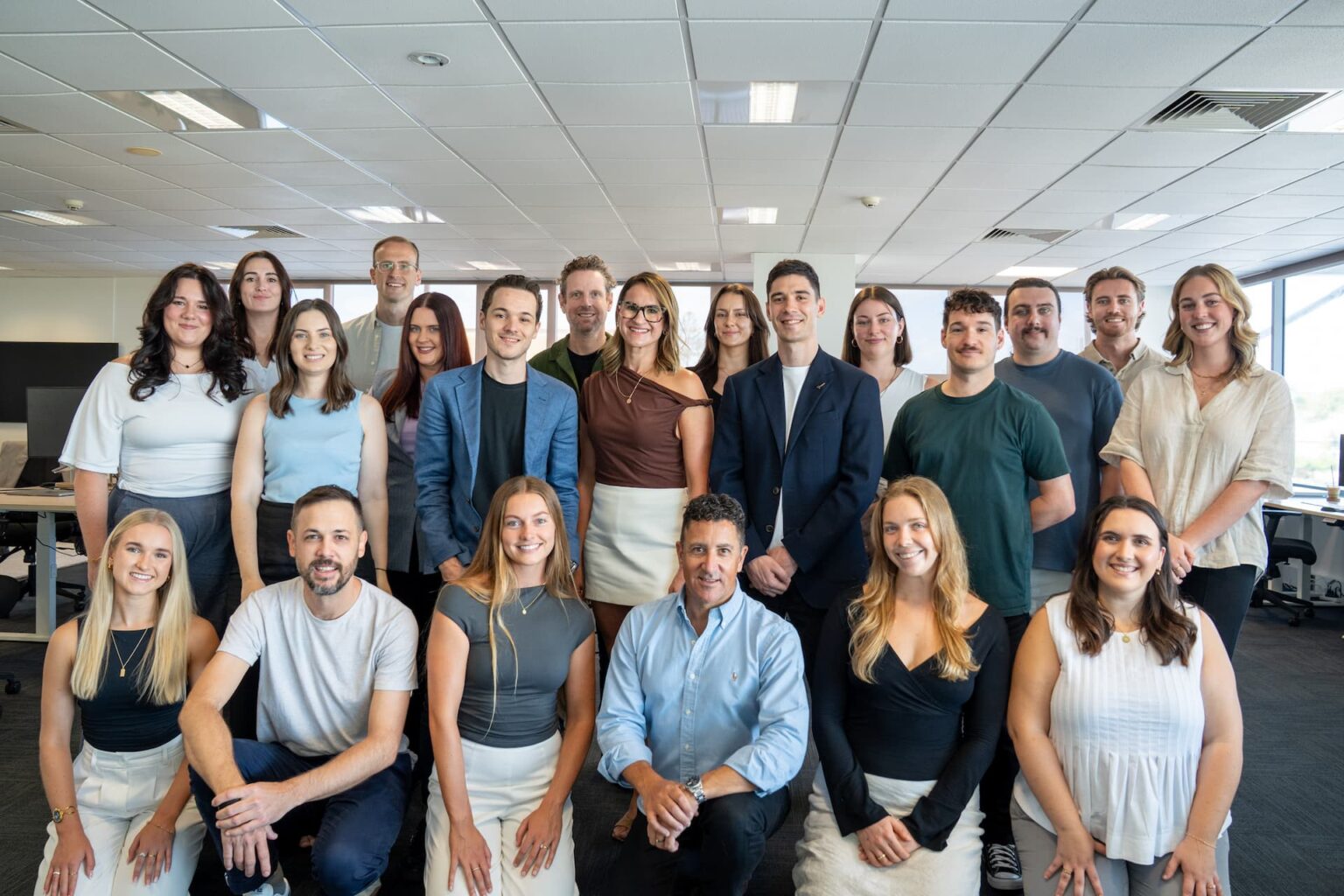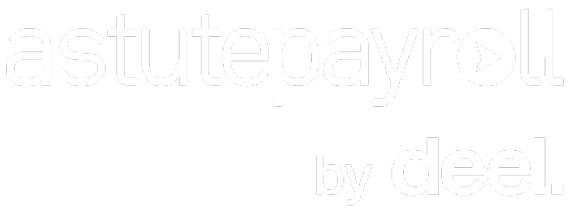Technical SEO Services







About Technical SEO
Search engines don’t just rank great content. They rank great websites. That means fast, secure, and well-structured sites that are easy to crawl, index and understand.
But here’s the catch: 95.2% of websites have redirect issues, 88% struggle with HTTP to HTTPS redirects and 72.3% have pages that load too slowly. That’s a big chunk of the web leaving visibility (and conversions) on the table.
At Digital Nomads HQ, we make the complex feel simple. As part of our broader SEO framework, SearchLight™, our Technical SEO services are built to do one thing really well: lay the groundwork for long-term organic success.
We cut through the jargon and shine a light on what’s holding your site back, then fix it.
Advantage
Why choose us
We Guide, Not Dictate
We sit beside you, sharing insights, explaining the process, and mapping the best route forward together.
Transparent and measurable
You’ll always know what we’re doing and why. Every fix, update and audit comes with clear reporting that connects directly to your business.
People First, Always
We do technical SEO, but we’re people first, building strong, lasting partnerships rooted in trust, communication, and long-term growth.
Result Driven
SEO Clients
Worked on over 300+ SEO campaigns across Australia.
Client Retention
Our partners stay because we deliver consistent growth.
Impact delivered fast
Most clients see their first major traffic uplift within 3 months.
Page 1 Rankings
Yes… 25,000+ page 1 keyword rankings for our clients.
Aussie Cut
Prestige Roof Transformations
Rumble Boxing
The House Call Vet

Just Autos

HVAC Parts & Accessories
Technical SEO That Works
Techncial SEO Audit
We uncover what’s working, what’s broken, and where the biggest wins are, o every action is deliberate and drives results.
Speed Optimisation
Slow site? We clean up code, compress assets and fine-tune performance to keep users engaged and rankings climbing.
Schema Markup Implementation
We implement structured data that helps search engines grasp your content and gets you noticed with rich results that stand out.
XML Sitemap Management
We build and manage clean, clear sitemaps so search engines can find and index your most important pages, fast.
Robots.txt
We configure your robots.txt to guide crawlers the right way, making sure nothing valuable is blocked or overlooked.
Redirects & Canonicalisation
We fix redirect chains and set canonical tags to avoid duplicate content issues and ensure search engines are indexing the right version of each page.
URL Structure
We streamline your URLs for clarity and consistency, helping search engines crawl smarter and users navigate more easily.
Internal Linking
We optimise your internal linking to strengthen topical authority, improve crawl depth, and guide users (and bots) through your site more effectively.
4xx Errors & Broken Links
Broken links hurt SEO and user trust. We find them, fix them, and keep your site smooth and reliable.
Our Process
Why It’s Worth the Investment
Start Strong, Rank Smarter
A strong SEO strategy starts with a solid technical foundation. When the backend is dialled in, your entire digital marketing strategy performs better. From improved rankings and faster load times to stronger engagement and more conversions, technical SEO makes your efforts work harder and smarter.
Fast, Frictionless Experiences
Users expect pages to load in seconds; any longer, and they’re gone. Technical SEO tackles the elements that slow you down (bloated code, unoptimised images, inefficient scripts, and more) to ensure your site loads fast, keeps users engaged, and sends strong performance signals to search engines.
Seamless Mobile Optimisation
Over half of all web traffic is mobile. If your mobile experience is clunky or broken, your rankings suffer. A seamless experience builds trust, improves time on site, and helps convert visitors into customers.
Crawlable, Indexable Content
Your site is for humans, but it’s the bots that get it ranking. Technical SEO makes sure your site is structured in a way that’s easy for search engines to read and prioritise. We use tools like clean XML sitemaps, smart robots.txt configurations, canonical tags, and schema markup to make your content accessible and discoverable.
Signals of Trust & Credibility
Search engines don’t just want to serve relevant content, they want to serve reliable content. Technical SEO reinforces trust signals like HTTPS security, clear site architecture, and structured data that aligns with Google’s E‑E‑A‑T framework (Experience, Expertise, Authoritativeness, and Trust). In short: higher rankings and better conversions.
How it works
We take care of the behind-the-scenes work that helps both search engines and users understand, trust, and engage with your site

Site issues, but don’t know where to start? We perform a full those (using Google Search Console, Core Web Vitals, PageSpeed Insights etc) that uncovers key focus areas, so you know exactly what needs fixing, what’s holding you back, and where to prioritise for maximum impact.

We translate the audit into a clear, tailored action plan, prioritising fixes, setting goals, and outlining milestones that align with your broader SEO plan.

We roll out the technical updates that create real impact, prioritising those that improve crawlability, speed, and user experience, so your site performs better where it counts.

We continuously review performance, monitor site health, and adjust as needed, keeping your site technically sound and search-ready as you evolve.
Trusted by local & national brands









Real reviews, Real Clients
“Digital Nomads hands down are the most wonderful team I have engaged with for several projects over the last few years. Jodi and Ben are extremely knowledgeable and welcoming. Ben has an innate capacity to hear exactly what I am seeking and offers me the most magnificent solutions every time. If you want to work with an agency that is not only experienced and highly innovative, then you must work with the team at DNHQ.”

Janelle R.
Cococoast Global, Owner

“Their communication is fantastic, very knowledgeable and they return phone call very quickly, they give us good reporting… yer we can’t fault them….Overall customer service I think is 5 stars, if I could give them 6 stars, id give them 6 stars.”

Colin M.
Mason Finance

“Digital Nomads HQ's branding aligned with the client's business goals and ideas. Digital Nomads HQ was attentive to requirements and delivered a high-value service based on their unique needs. The team was also highly motivated, professional, and easy to communicate with.”

Rene N.
Atelier Dental

"We've been working with Digital Nomads for some time now, and the results have been outstanding. Their team has done an incredible job building new pages for our site — everything is clean, well-organized, and tailored to our audience. On top of that, their SEO work has made a huge difference in our search rankings and organic traffic..."

Andrew Gardiner Law
Andrew Gardiner, Director
"We’ve been working with Digital Nomads to support our businesses across the our group, and they’ve been nothing short of excellent. Their attention to detail, strategic thinking, and responsiveness have been outstanding. They consistently offer valuable insights and advice, and their communication and follow-through have made them a pleasure to deal with. We would highly recommend Digital Nomads to anyone looking for a Marketing Agency to partner with."

Moggy's Group
Shania Muscat, Marketing
"Digital Nomads hands down are the most wonderful team I have engaged with for several projects over the last few years. Jodi and Ben are extremely knowledgeable and welcoming. Ben has an innate capacity to hear exactly what I am seeking and offers me the most magnificent solutions every time. If you want to work with an agency that is not only experienced and highly innovative, then you must work with the team at DNHQ."

Cococoast Global
Janelle Russell, Director
"One of the things we love most about working with DNHQ is that they're an agency that come with all the industry knowledge and expertise, yet they just feel like part of our internal team! Hayden and Faith were brilliant in researching and designing a new site for our NFP, while Shaun's website wizardry was so valuable bringing it to life and continuing to evolve as we've needed to. We are so grateful to all of the team for being so responsive, collaborative, and never rolling their eyes at the random ideas we bring to them."

LifeFlight
Jessica Thornton, Marketing Manager
Worked with digital nomads to redevelop our website and SEO services, these guys are unbelievable! Digital wizards with one of the best personal touches and collaborators! And no suggestion was too hard! And Faith Taylor was brilliant! Constantly updating us! Personally hate bad communication, but these guys were constantly onto us clarifying and pushing the project forward, really felt comfortable and confident with Faith in control of steering the project! These guys are the best!

Sanctuary Church
Dylan Goode
"We started working with Digital Nomads 1 year ago and they have been fantastic. Absolute gurus in the SEO space and Lauren does an amazing job with all our social media. We have learnt so much working with the team, and it really is a team of experts that you have around you assisting with all aspects of digital marketing. If you are serious about digital marketing then I highly recommend reaching out to Jodi and the team."

Synergy Mortgages
Brendan Philp, Director
"Digital Nomads have delivered an excellent standard of work building two separate websites for CRW Group. They are very communicative and work with our ideas while adding their creative expertise. They write quality blog posts for our SEO efforts and we have seen an uptick in web traffic due to their efforts. Highly recommend DNHQ for your marketing needs!"

CRW Cleaning
Kyle Booysen, Director

Expert Team

Top Solutions
Why Us: Smart. Proven. Bold.




Proven Results
Proven Results
Get The Answers You’re Looking For
Got Your Own Questions? Chat with the team!
What is technical SEO and why is it important?
Technical SEO (search engine optimisation) is the foundation of your website’s visibility in search. It’s all the behind-the-scenes work that helps search engines crawl, index, and understand your site, so your content can show up in search results.
It also enhances user experience by making your site faster, more secure, and easier to use. Without technical SEO, even the best content can be buried under issues like broken links, slow load times, or poor mobile performance.
How does technical SEO work?
Technical SEO works by optimising the core infrastructure of your website so it’s easy for search engines to access and users to navigate. This includes:
- Cleaning up broken links
- Improving load speeds
- Fixing mobile usability issues
- Managing redirects and canonical tags
- Creating and maintaining sitemaps and robots.txt files
- Implementing schema markup (structured data)
It’s a mix of fixes, optimisations, and best practices that work together to make your site more searchable, faster, and more user-friendly. The result? Better rankings, stronger engagement, and more conversions.
What are the real benefits of technical SEO?
In short: Technical SEO unlocks the full potential of your website. The core benefits include:
- Faster page speed: Keeps users engaged and improves rankings
- Mobile-friendliness: Delivers a seamless experience across devices
- Better crawlability: Helps search engines find and index your content
- Improved security: Builds trust with HTTPS and data protection
- Enhanced trust signals: Supports E‑E‑A‑T with structured data and clarity
- Fewer errors: Reduces 404s, duplicate content, and crawl issues
- Better ROI on content and SEO: Because great content still needs a solid foundation
What are the most common technical SEO issues?
Most websites have technical SEO issues without even realising it. The most common ones include:
- Redirect chains or loops that confuse search engines
- Broken links (404 errors) that lead users to dead ends
- Slow page speeds, which hurt rankings and bounce rates
- Non-secure URLs (missing HTTPS)
- Missing or duplicate title tags and meta descriptions
- Unoptimised mobile experience
- Poor internal linking or site structure
- Missing structured data, making your content harder to understand
These issues might seem small, but they can significantly affect how well your site ranks and how users interact with it.
What role does site architecture play in technical SEO?
Site architecture refers to how your pages are structured and connected. A strong architecture:
- Helps users find information easily
- Allows search engines to crawl and index your site efficiently
- Improves the flow of link equity (ranking power) across your site
- Ensures your most important pages aren’t buried too deep
Think of it like a well-organised library, if everything is in the right place and easy to find, both readers and search engines are happier.
How is technical SEO different from on-page SEO?
Technical and on-page search engine optimisation work together, but they focus on different things:
- Technical SEO: The backend of your site (site speed, mobile responsiveness, crawl errors, HTTPS security, and structure.)
- On-page SEO: The content itself (keywords, headings, meta tags, and internal linking.)
While on-page SEO helps your pages rank with relevant keywords, technical SEO ensures search engines can find and understand those pages in the first place.
What is a crawl budget, and why does it matter?
A crawl budget is the number of pages a search engine will crawl on your website within a given timeframe. It’s influenced by the size of your site, how often content is updated, and how easily bots can navigate your site.
If your site is cluttered with duplicate content, redirect chains, or broken links, you waste that crawl budget, meaning important pages might not be crawled or indexed at all.
By fixing technical issues and streamlining your site structure, you help search engines focus their attention on the pages that matter most.
How do I create and submit an XML sitemap?
An XML sitemap is a roadmap of your website. It lists your most important pages so search engines can find and crawl them.
To create and submit one:
- Use a sitemap generator or SEO plugin (e.g., Yoast or Rank Math for WordPress)
- Review and clean the sitemap, remove pages you don’t want indexed
- Submit it through Google Search Console under “Sitemaps”
Keeping your sitemap up to date is key to ensuring new pages are discovered quickly.
What is a robots.txt file, and what does it do?
The robots.txt file tells search engine bots which parts of your site they’re allowed to crawl and index.
It’s useful when:
- You want to block access to admin pages or staging environments
- You need to reduce crawl load on a large site
- You want to focus indexing on high-value content
But caution: A misconfigured robots.txt file can accidentally block important pages from being indexed, so it’s best handled with care.
Locations
Areas we service
Phone
Head Office Address
208/45 Brisbane Road, Mooloolaba, QLD, 4557
Social network
Power Your Growth with SEO—Let’s Get started
From strategy to results, we optimise your website to rank higher, attract the right audience, and turn visibility into measurable growth.














